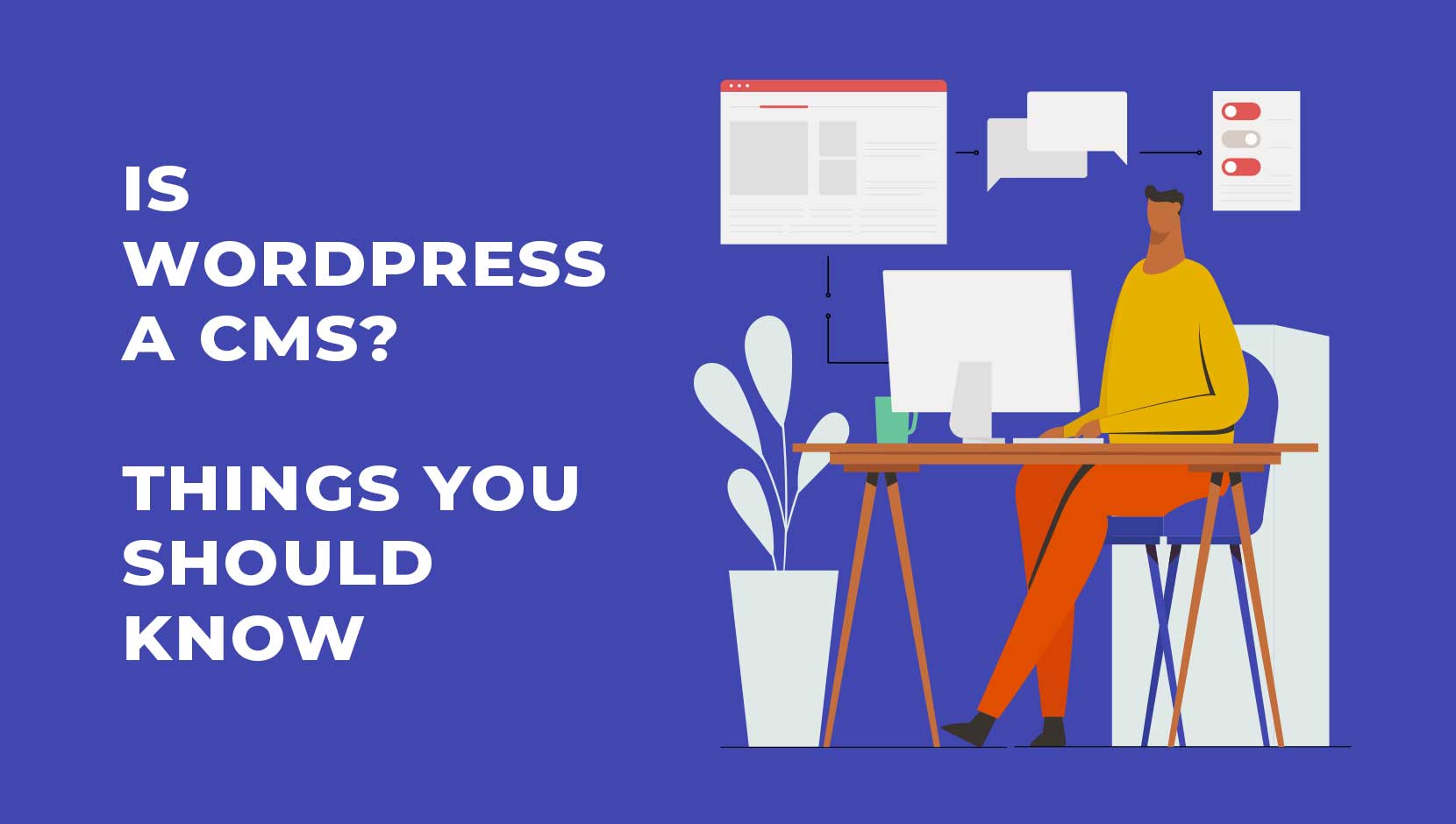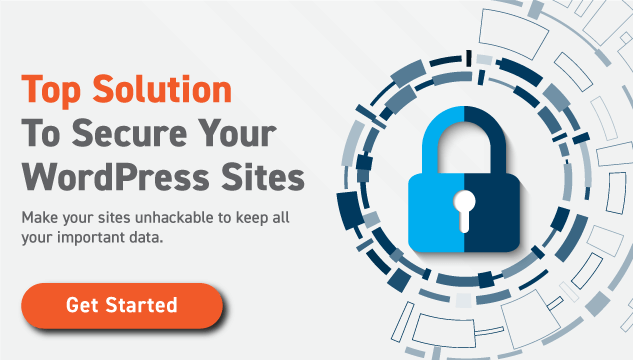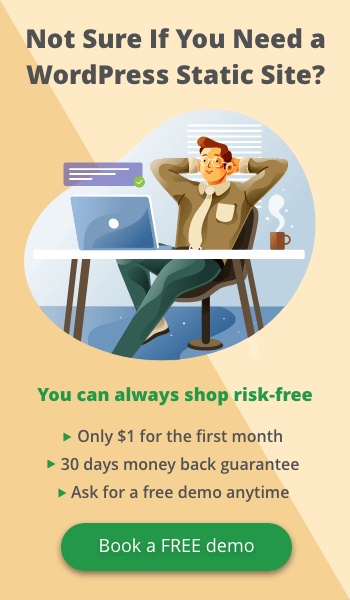If you didn’t know this was a Thing, you can count yourself lucky. But yes, there is, in fact, an “Is WordPress a CMS?” debate, and yes, it is exactly as tiresome as it sounds.
Our side of the argument can be summed up like this: “Of course WordPress is a CMS. What else could it be?” The argument on the wrong side goes like this: “WordPress is not a CMS. It’s a blogging tool with extra bells and whistles.”
But anybody who makes this argument has misunderstood what a CMS is.
What’s a CMS?
In the early days of the internet, everybody had a static website. That’s not a bad thing. After all, static websites are faster and more secure than dynamic websites. But when CMSs came along, they made it easy to create dynamic websites.

And that’s what a CMS (Content Management System) is. A CMS is a web application tool that makes it easy for non-technical users to create and manage a website. That’s it.
The problem is that the modern definition of “CMS” has become so bloated that it’s hard to tell what is a CMS and what isn’t.
Is WordPress a CMS? 3 things you should know:
1. WordPress has all the features of a CMS
WordPress started out as a blogging tool, but it’s evolved since its inception. In fact, if you look at WordPress and compare it to Wikipedia’s common features of a CMS, you’ll see that WordPress satisfies all these criteria. For example:
- Templating support for changing designs. That’s what WordPress themes are.
- Modularity and extensibility. Also called “plugins”.
- Search Engine Optimization. SEO plugins, internal linking, tags, categories, and many other WordPress features make SEO easy.
- User and group functionality. WordPress’s well-known collaborative features definitely enhance user and group functionality.
- Integrated audit logs. WordPress’s dashboard displays your system stats every time you log in as an admin.
- Reduced need to code from scratch. WordPress’s plugins, shortcodes, widgets and blocks make it so that you can manage a website for years without ever needing to code.
- Content management. This is probably the most important feature of a content management system. WordPress definitely helps website creators to manage their content. You can use WordPress’s built-in editing tools, publishing tools, and themes to create, edit and format any content you create on your website.
There are more, but we think we’ve made our point. WordPress has all the features that Content Management Systems are supposed to have.
2. There’s no one-size-fits-all CMS
Some people think that because WordPress isn’t the right CMS for their website, that must mean WordPress isn’t really a CMS. After all, if it were a CMS (so the argument goes), it would work for every website, right?
As it turns out, wrong.
First of all, there are some highly recognizable names using WordPress (NASA, TED, and Forbes, to name a few). So, if just being able to work with complex websites were a necessary feature for a CMS, WordPress would definitely be a CMS.
But just because a CMS works well with some websites and not with others doesn’t mean it’s not a CMS.
It might not be the right CMS for a particular website, but it’s still a CMS.
3. WordPress lets you do everything a CMS should help with
Here are some things you can do with any CMS (including WordPress):
- Add new content to your website
- Edit existing content on your website
- View analytics data
- Identify underperforming pages
- Customize your layout
- Search for and reuse the media you’ve added to your website
- Update your website without downtime
- Create contact forms
- Create and publish newsletters
Because WordPress is a CMS, you can use it to do all this and more.
The takeaway: Is WordPress a CMS?
When it was just starting out, WordPress was little more than a blogging tool. But now, it’s so much more. It’s a powerful CMS that you can use to power apps and to run complex websites.
But that doesn’t mean WordPress is the right CMS for you. Sometimes, you might want to use another CMS, or you might want to convert your WordPress website to a static website using a static site generator, and sometimes, you might not want a dynamic website at all. If you’re a web developer or work with an agency of web developers, sometimes, you’ll want to create a secure static website instead.
In any event, it’s time to end the debate as to whether WordPress is a CMS. If it looks like a CMS, has all the features of a CMS, and lets you do everything you should be able to do with a CMS… it’s a CMS. And a great one, at that.







